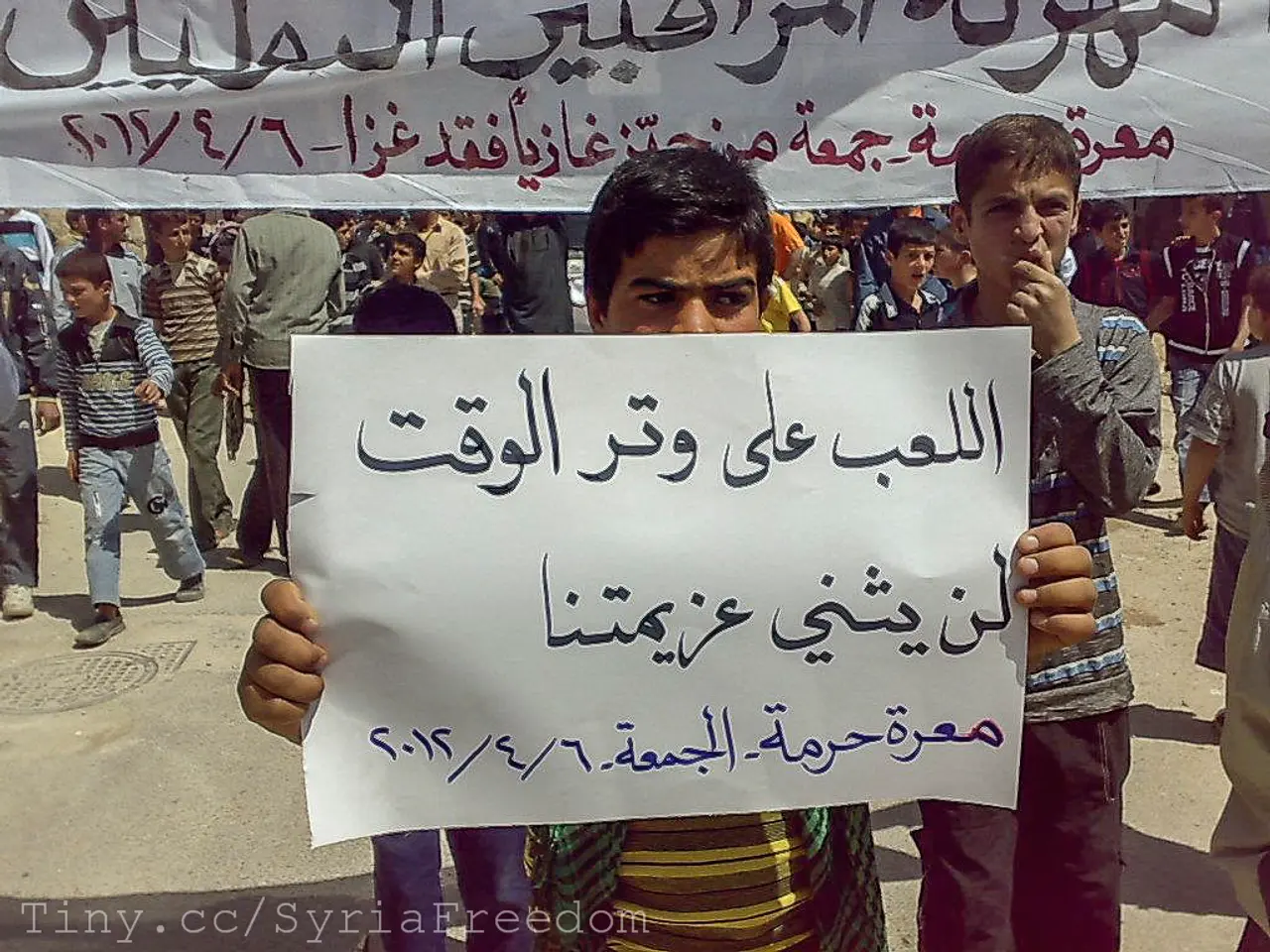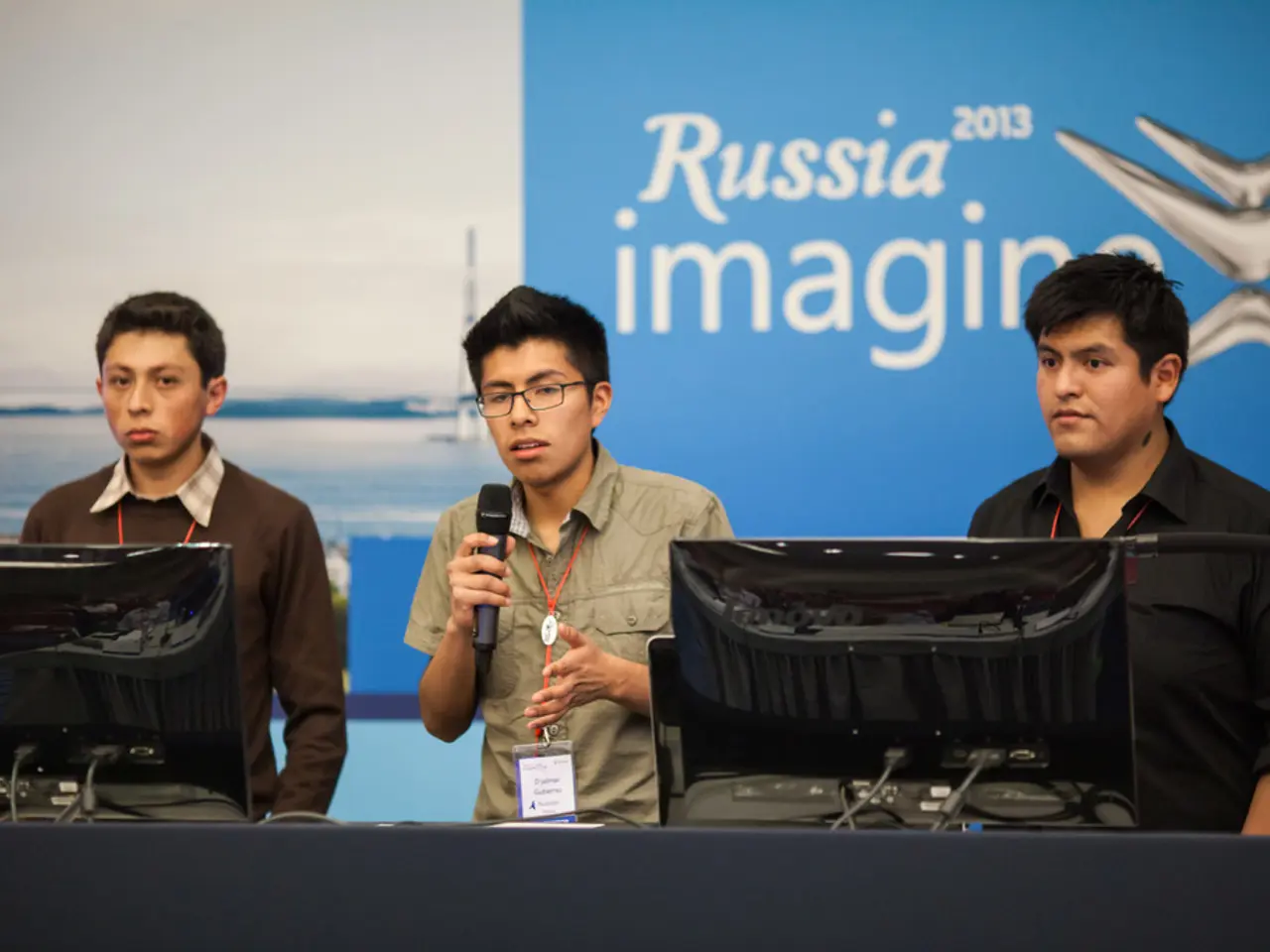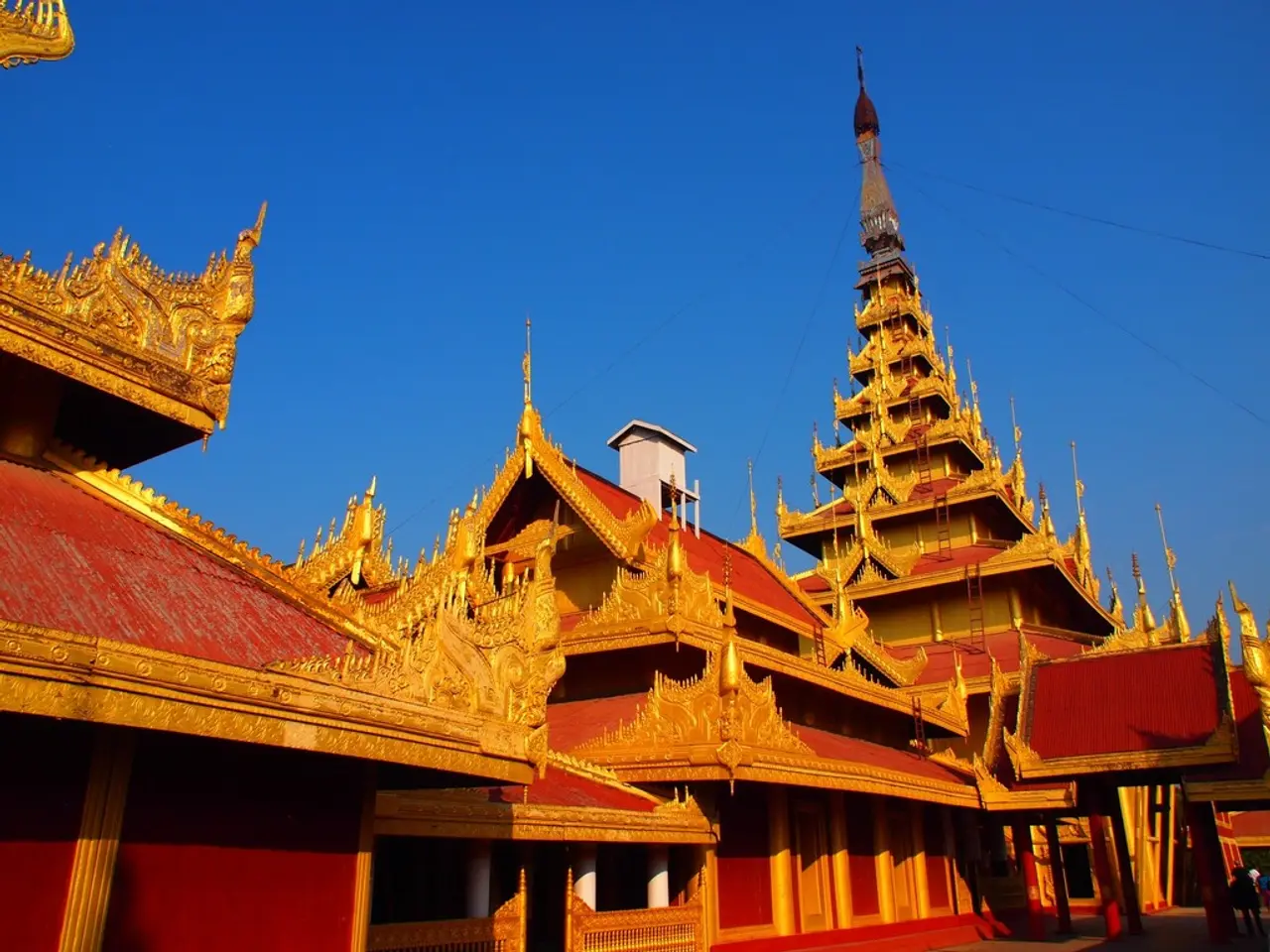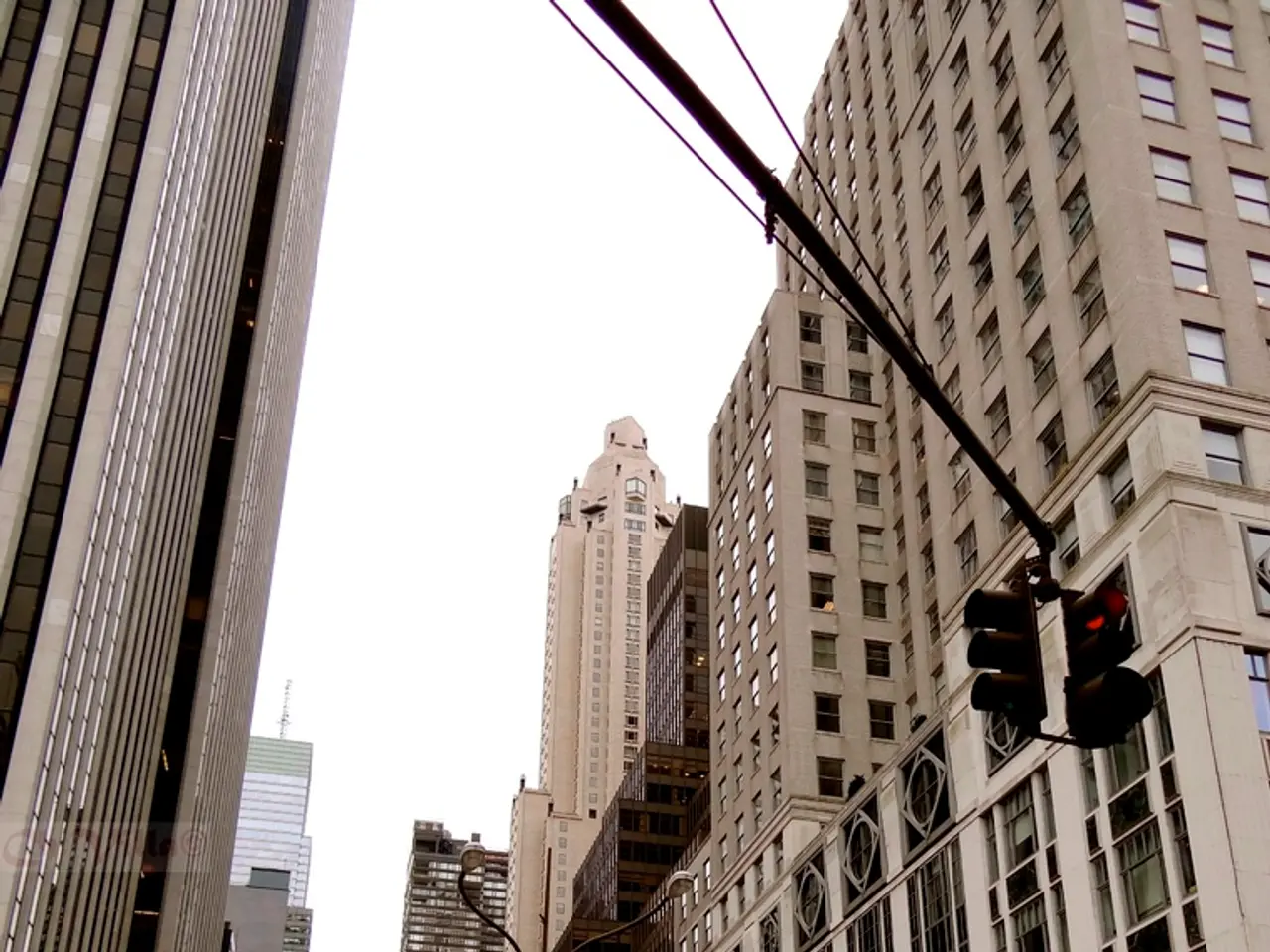Story of Two Nationwide Strikes in India, Known as Bharat Bandhs
On July 9, 2025, a massive nationwide labour protest, known as the Bharat Bandh, took place across India. Organised by a joint platform of 10 major trade unions, including INTUC, AITUC, CITU, and SEWA, among others, the strike involved over 25 crore workers from formal and informal sectors. The protest was aimed at opposing the central government’s pro-corporate policies, the implementation of four new labour codes, ongoing privatization of public sector units, outsourcing, and growing job insecurity.
The labour reforms, which were perceived to weaken protections such as collective bargaining and strike rights, were a significant point of contention. Rising unemployment and inflation, as well as cuts in public services like healthcare and education, further compounded worker grievances. Workers and farmers jointly protested against policies favouring corporate interests while neglecting labour and rural sectors.
The unions demanded the repeal of these labour codes, a minimum monthly wage of ₹26,000, equal pay for equal work, and the revival of the annual labour conference, which hasn’t been held in 10 years.
The strike affected key sectors including banking, postal services, mining, transport, and public sector offices nationwide. Despite calls for a full bandh, schools, colleges, and private offices largely remained open. Large demonstrations and rallies took place in state capitals and industrial hubs.
In Kolkata, West Bengal, the strike saw clashes between Left-wing activists and the police, as well as confrontations involving Trinamool Congress supporters. The state government imposed a zero-tolerance stance on bandhs, deploying additional security forces to prevent major disruptions and maintain normalcy. Police used force against some protesters, leading to detentions including student leaders, showing a tense and confrontational environment in parts of the city and state.
In Kerala, while specific details on Kerala’s unfolding were sparse in the search results, Kerala traditionally sees strong trade union activity and peaceful large-scale participation in strikes. It is likely that various unions, including those from formal and informal sectors, held rallies and demonstrations consistent with the nation-wide strike trends, focusing on mobilizing worker solidarity without major violence.
In Bihar, the strike coincided with a state-wide bandh supported by prominent political figures like Rahul Gandhi and Tejashwi Yadav. The bandh in Bihar involved opposition parties joining workers to protest labour reforms and economic policies. Despite political support and participation, the state remained “mostly functional,” indicating that the strike caused disruption without completely paralyzing essential services or public life.
The Bharat Bandh on July 9, 2025, was a landmark show of worker unrest against labour reforms and economic policies perceived to undermine worker rights. It mobilized an unprecedented number of workers and had varied impacts across regions—ranging from peaceful rallies to violent clashes, depending on local political dynamics and government response.
The unions' demonstrations against the central government's policies extended beyond labor rights, highlighting concerns about rising inflation and cuts in essential services such as healthcare and education.
The strikes in Bihar, supported by political figures like Rahul Gandhi and Tejashwi Yadav, also encompassed education sector disturbances, reflecting the general-news interconnectedness of political, economic, and social issues.







